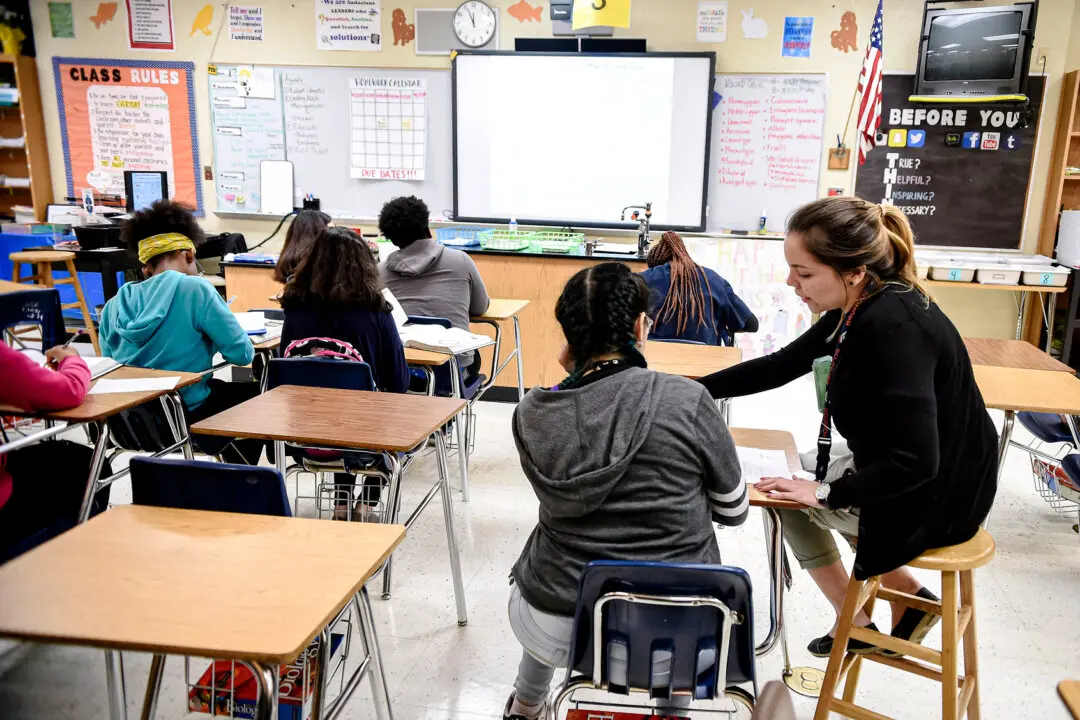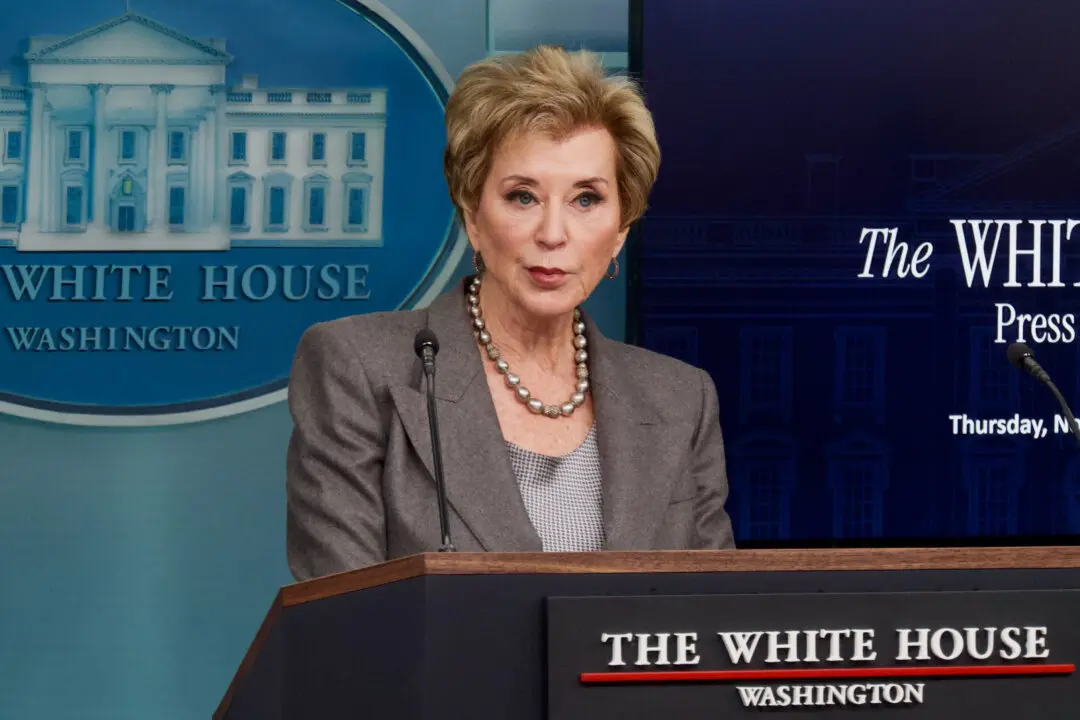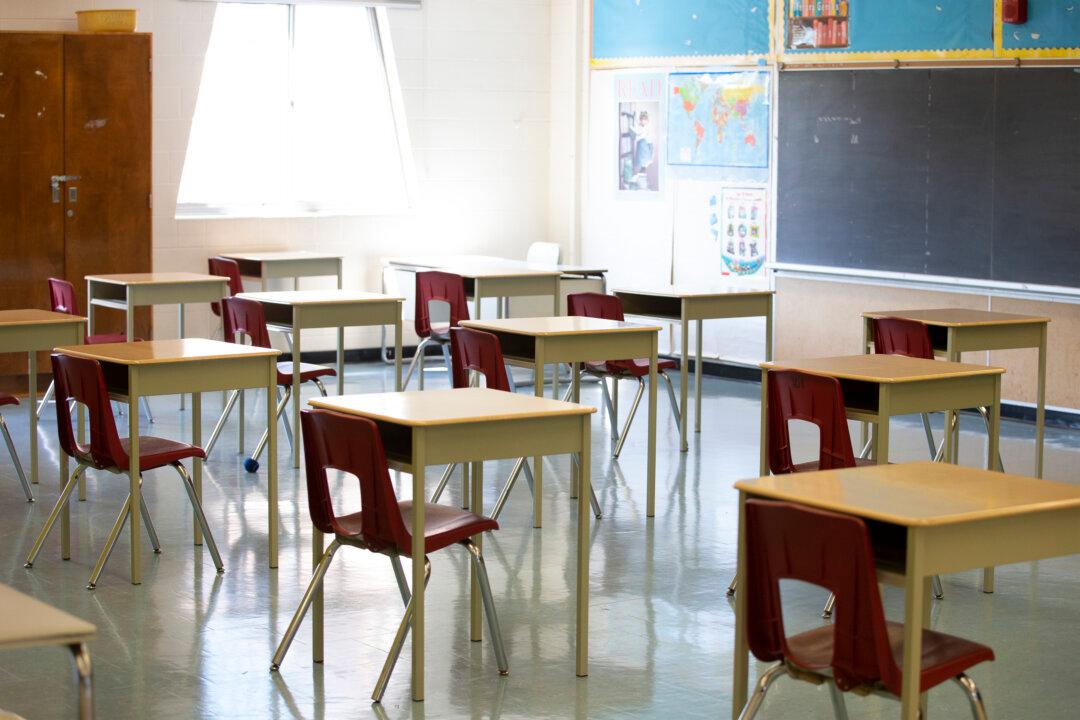Commentary
As the school year winds down, many high school graduates are looking forward to their first year of post-secondary education in the fall. Everyone knows that some universities are better than others. That’s why students compete fiercely to get admitted to top-tier universities. A degree from a prestigious institution opens far more doors than the same degree from a lesser-known institution. We cannot pretend that these differences don’t exist.





